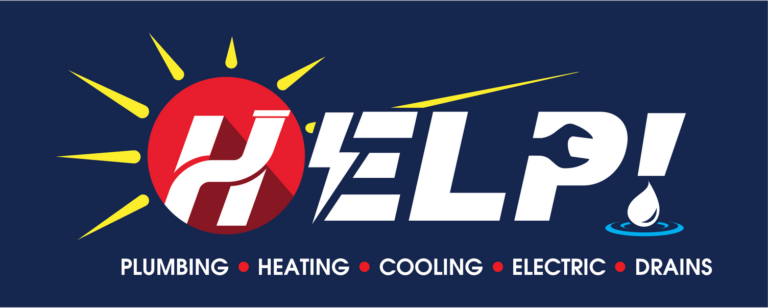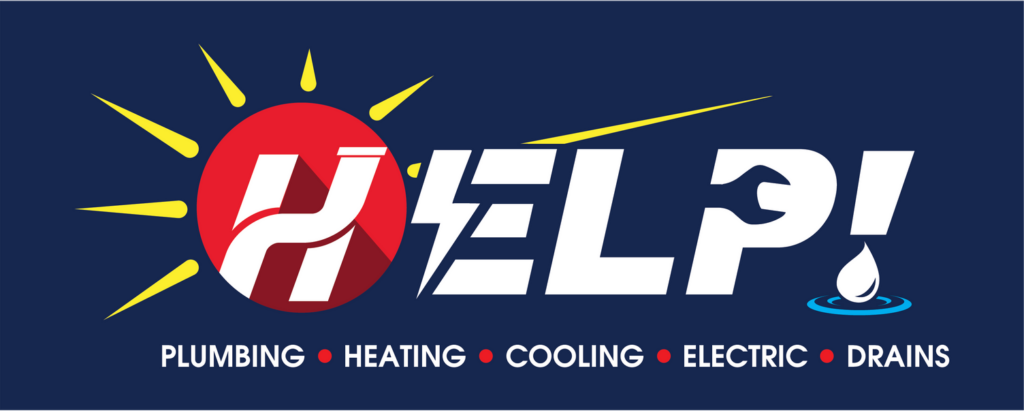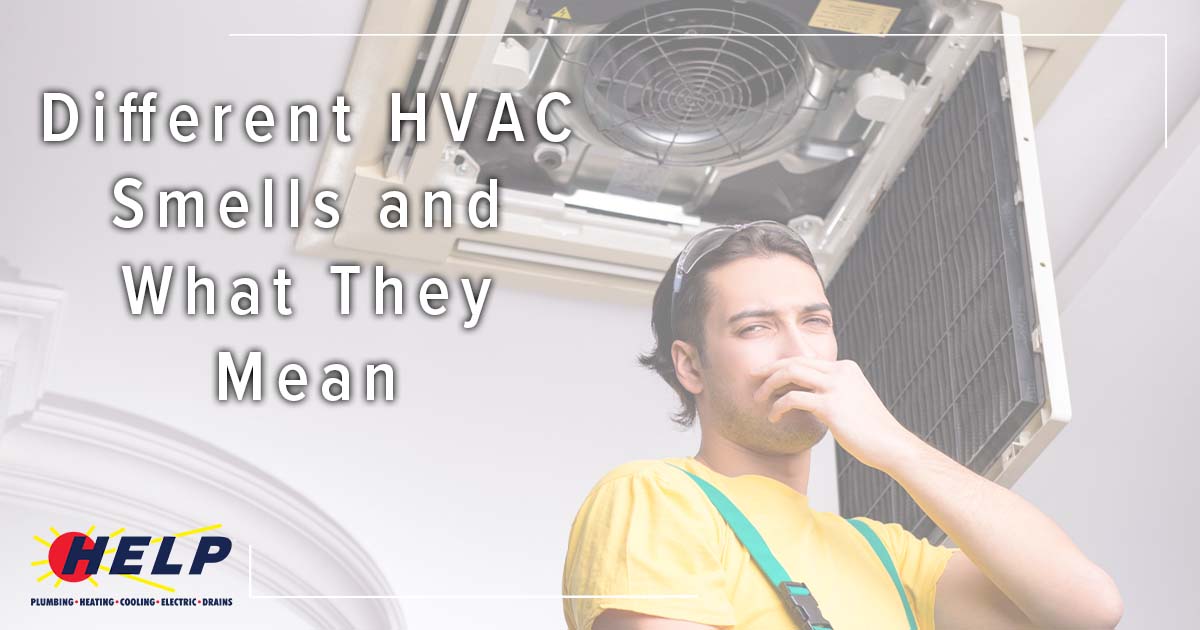
You turn your air conditioner on as the weather starts to warm up again, and you notice an unpleasant smell in your home. What’s going on?
HVAC smells are very common when turning your system on again after the winter. But it’s always best to have them checked out to ensure the smell is not being caused by a major issue. Here are some of the main causes that can be causing those odors drifting through your home.
Rotten Eggs
If you smell rotten eggs in your home and can’t find the source of the odor, it’s important to find out what’s causing it. A rotten egg smell coming from your HVAC system could be a natural gas leak.
Sewage
There are a few reasons why sewage smells could come from your HVAC system.
In most cases, it’s a clogged filter or drain line. Filters prevent pollutants from entering your home, so they cause a nasty odor when they become clogged. A blocked drain line can push odors into your home.
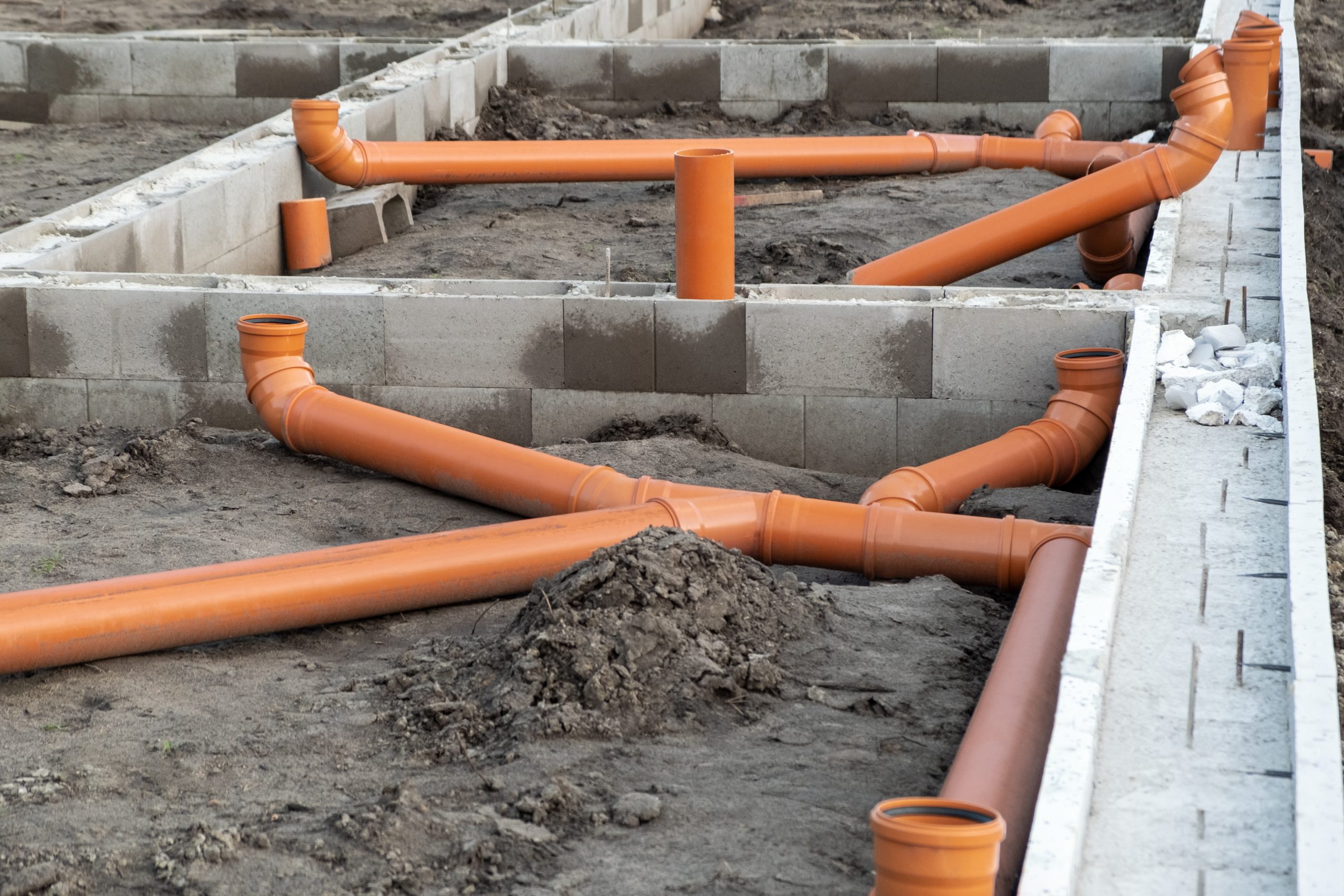
If that is not the issue, then you may have a bigger problem on your hands. There could be a fractured sewage line located near your HVAC system. A fractured sewer pipe can cause an unpleasant sewage smell to travel through your ventilation system and then spread throughout your home.
If you smell sewage in your home, it needs to be dealt with by trained HVAC professionals and plumbers. Methane is a dangerous gas, so get any smells checked out as soon as possible.
Socks
The smell of dirty socks isn’t a very pleasant one. This problem is usually caused by something in the HVAC system and can quickly spread throughout the house.

The main reason for this foul odor is because of mold or mildew that has been growing on your evaporator coil. The coils are located inside your HVAC unit and are responsible for cooling and heating your home.
Mustiness
Have you ever noticed a musty smell coming from your HVAC system? If so, it could signify mold growing in the ductwork and air conditioning unit.
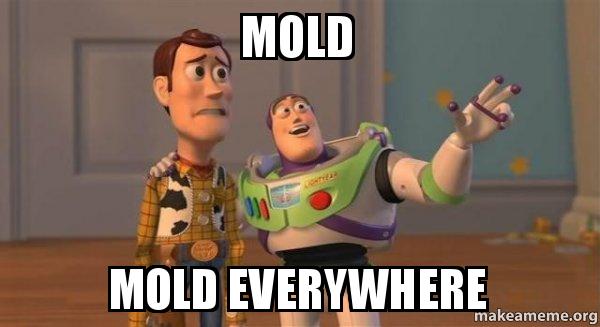
It’s common for homeowners to notice this problem during summer months when humidity levels are high. However, it can happen any time of year if there is excess moisture in the HVAC system or surrounding walls or floors.
The solution?
Contact your local HVAC technician and book a tune-up. They’ll check your HVAC system and clean away any mold or mildew growth.
Electrical Odors
Electrical odors can be caused by many things, but the most likely culprit is a faulty electrical component. The smell can be caused by a shortage in the system or by something that has been damaged electrically.
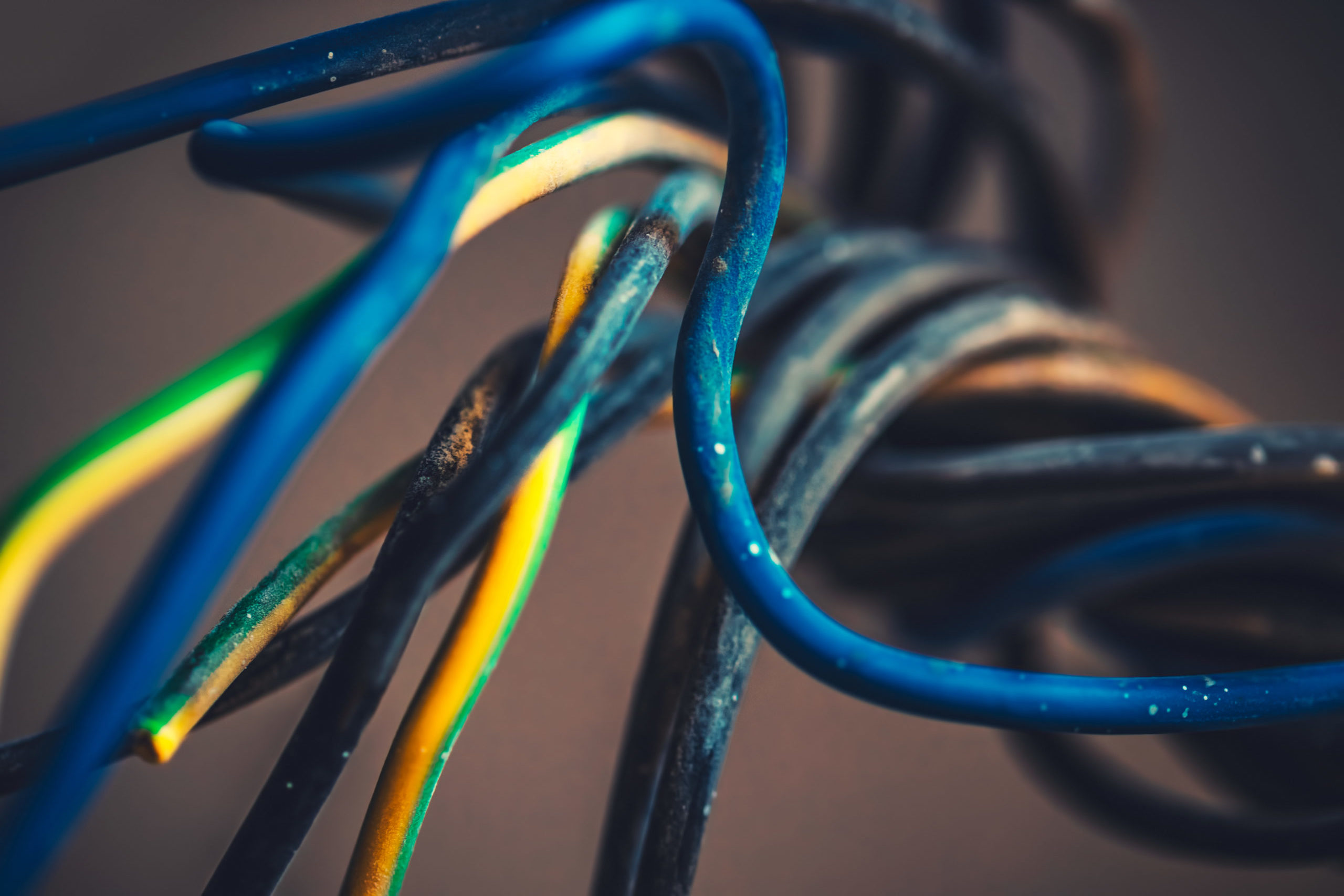
If your HVAC system has an electrical odor and it’s not heating or cooling your home, it could be a sign of a short circuit. A short circuit can occur when wiring insulation breaks down due to age or moisture exposure, allowing wires to touch each other and creating sparks and/or smoke.
Oil
If you can smell oil in your home, it’s not necessarily a sign of a problem.
Why?
Because the HVAC system is designed to use oil as a lubricant, the smell is normal. HVAC systems use oil as a lubricant for their moving parts — fans, compressors, and blowers — to keep them running smoothly. The oil also helps prevent corrosion on metal parts such as coils and condensers.

But if you notice that the smell is stronger than normal, or if there are other signs of a problem with your system, you should contact an HVAC professional. You can save money by repairing minor issues before they become major.
Struggling to find the source of your HVAC smells? Contact the HVAC pros at HELP and get rid of those annoying odors.

